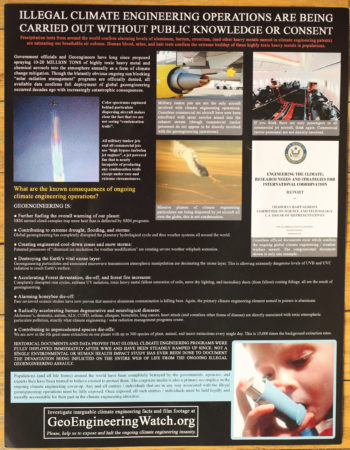A tweet of mine, written in a moment of irritability aggravated by the sound of jets roaring overhead, has gotten some attention by virtue of being incorporated into some news articles about social media commentary on the Toronto Air Show.
In addition to my standard gripes about the wastefulness of jet engine use, the undesirability of unwanted background noise, and the militarism embodied in combat aircraft development, I suggested that there are people in Toronto who find the experience of being a bystander during the noise as troubling or a reminder of trauma, having heard military jets operating at close quarters during any number of recent conflicts, from Gaza to Afghanistan to Yemen, or during interception flights carried out by domestic air forces.
A disturbing amount of the response on Twitter expressed anti-immigrant sentiment, particularly an assertion that (a) people who have experienced conflict and now live in Toronto now live in preferable life circumstances and therefore (b) they owe certain moral obligations to people who previously lived in the place they now inhabit, to wit just lumping it and not complaining while these acrobatic displays are put on. To some extent my interpretation of the comments was inevitably coloured by Twitter’s reputation as an especially hostile and personal platform, but I think even when viewed with as much objectivity as can be mustered they brought unnecessary hostility to a discussion ultimately about public policy, specifically whether such spectacles should continue.
It’s entirely fair to criticize me for assuming what somebody else’s life experience would mean, in terms of their experience of these noises. That being said, the basic parameters of something like post-traumatic stress disorder are publicly known and it seems plausible to me that anyone who has traumatic memories of being close to combat in which jets operated (whether as a soldier or a civilian) would have some chance of being triggered by the sound of an air show. Given the population of Toronto, it’s plausible that hundreds of people with PTSD are within earshot of each loud noise made by flying aircraft. It’s much more speculative, but I have also wondered about the number of people who can have panic attracts triggered by a stimulus like a jet engine sound find it triggering due to associations they have made through fiction, specifically quasi-realistic military computer games and films which realistically depict violence like Saving Private Ryan. Statistically very few people, even during times of mass conscription, faced intense combat of the kind depicted in the film, but probably a majority of the adult population has now seen multiple detailed immersive representations, whether through films like Spielberg’s or depictions like HBO’s Generation Kill or Band of Brothers.
I don’t want to suggest that it’s the same thing at all, but I have my own negative associations with hearing but not seeing military jets at low altitude nearby, as I lived in North Oxford within earshot of at least some of the approaches to RAF Brize Norton and we used to listen to Vickers refuelling aircraft and B-52s flying in at all times of day and night (familiar eventually in their shrieks and rumbles) and speculate about whether they were coming back from Iraq or from Afghanistan, maybe carrying coffins.
I don’t think social media griping is going to lead to the abolition of the airshow, but I do think it’s a good thing to have a public dialog about what people in the city are going through in terms of their mental health and the choices we make together affecting it.
Those with any opinions on the matter are invited to comment, anonymously if you like.


